That vote you’re about to cast may have been set in motion long ago — going all the way back to your birth and early years, when your genes and your developing brain helped determine whether you leaned conservative or liberal and how strongly you tilted that way.
Even as the presidential candidates canvas the battleground states pleading for last-minute voters to pick between them, some of the latest cutting-edge research suggests that those decisions are influenced by heritable factors that shaped those voters’ political identity long before they were presented the choice between President Obama and Mitt Romney.
“Somewhere between 20 and 50 percent of political behavior in the United States can be explained by genetics,” said James H. Fowler, professor of medical genetics and political science at the University of California at San Diego, who is one of the leading researchers in what has come to be called “genopolitics.”
Mr. Fowler said factors ranging from ideology and partisanship to likelihood of voting are influenced by genes — the only problem is that nobody knows exactly which ones and how they interplay with each other, and that makes predictions impossible.
“There’s a very strong role for genetics, but we cannot yet tell you which genes matter; therefore we cannot tell you which individuals are going to be altered in their predispositions by those genes,” he said.
The latest research suggests genes could control everything from the likelihood that someone turns out to vote down to how intense his or her support is for a political ideology.
Political scientists previously thought political decisions were almost exclusively the product of upbringing and social interaction. But now, four decades after researchers first showed conscious decisions are informed by unconscious attitudes, social scientists are asking whether that affects politics, too.
Crediting genes with political choices is the kind of suggestion that may make voters cringe. Pollsters and political consultants who make their money from guessing what voters want are likely to scoff.
And some analysts question the research altogether, saying it is still too early to draw conclusions.
Marcy Darnovsky, associate executive director at the Center for Genetics and Society in Berkeley, Calif., said the most that could be said is there is “some very complicated combinatorial situation” in which genes, along with a half-dozen other biological and environmental factors, might play a role.
“The steps of logic are so many, and each one of them is a speculative kind of step and a correlation, rather than something you could prove causation about,” she said.
As for controlling someone’s party preference, she said forget about it.
“The simple things of one gene tells you you’re going to vote red or going to vote blue — genes don’t change anywhere near as fast as political ideologies and political parties,” she said.
Indeed, in a review of the latest research, Peter K. Hatemi and Rose McDermott, writing in the October issue of Trends in Genetics, reported that political party identification appears to have little to do with genes. But they found overall ideology does appear to vary with genes, as do attitudes toward economics, race and sex.
Now the search is on for which genes may be at work.
The debate has been heavy in academic journals, where Mr. Fowler and a colleague are in a back-and-forth with Evan Charney at Duke University and William English at Harvard University, who argue that when other factors are controlled for, both of the genes Mr. Fowler identified as playing a role can be explained away.
In a follow-up study, Mr. Fowler confirmed his results for one of the genes he tested but found critics were right about the other one.
Mr. Fowler said there’s particular resistance among older researchers, who discount the influence of genes, but younger ones are more willing to accept it.
He theorized that the older generation was brought up during the civil rights era of the 1950s and 1960s, when genetics was used as an argument against black rights. Younger researchers, though, see a different civil rights movement, he said — that of gay rights — in which the genetic roots of homosexuality are used to argue for broader rights.
Researchers in both the United States and Britain have found biological differences between liberal and conservative brains that could support conclusions those in genopolitics are reaching.
It’s not so much that Republicans and Democrats always behave differently, but they are using different parts of their brains when they grapple with what could be seen as political questions.
The British researchers said conservatives tended to have larger amygdala, which are associated with processing fear. Liberals, meanwhile, showed more activity in the anterior cingulate cortex, which the researchers said could be linked to tolerance and ability to handle conflict.
Some in the practicing rooms say the more they look at the research, the more likely it appears that something is going on between biology and politics.
“Prior to 2003 everybody thought of this as being more of a societal phenomenon — messages you internalized growing up,” said Michael Oberschneider, a psychologist who runs Ashburn Psychological Services. “Since 2003, we’re looking more at the neurology of it all. What these researchers have found is real. They have found a strong correlation or relationship between certain areas of the brain and how we think about things consciously.”
Looking at his own practice, Mr. Oberschneider said he gets a sense that intensity is higher in this election, based on how much his patients are talking about it.
“The reason Obama and Romney are so present in my therapy room over the last year — this topic has come up so much — is because people also talk about what they’re passionate about. And there is a lot of passion about Romney and Obama,” he said.
Mr. Oberschneider said that was true even among children.
“I had a seven-year-old in the other day talking about Romney. And it was really endearing. The seven-year-old, with great passion, was talking about how Obama just should not be re-elected,” he said.
• Stephen Dinan can be reached at sdinan@washingtontimes.com.



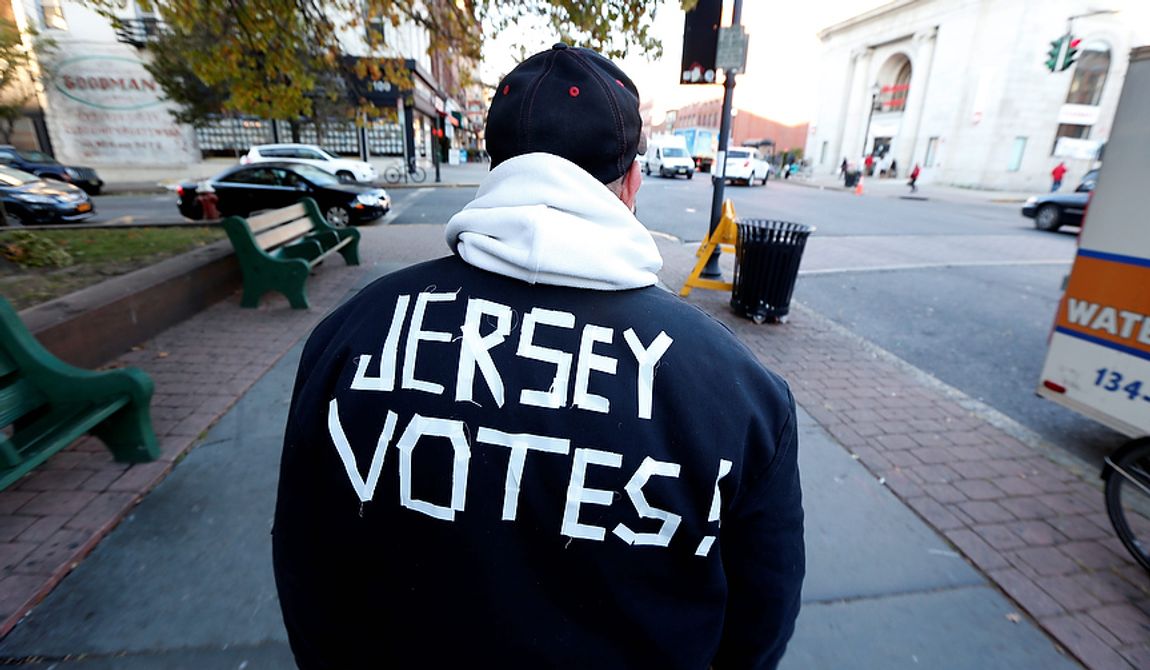
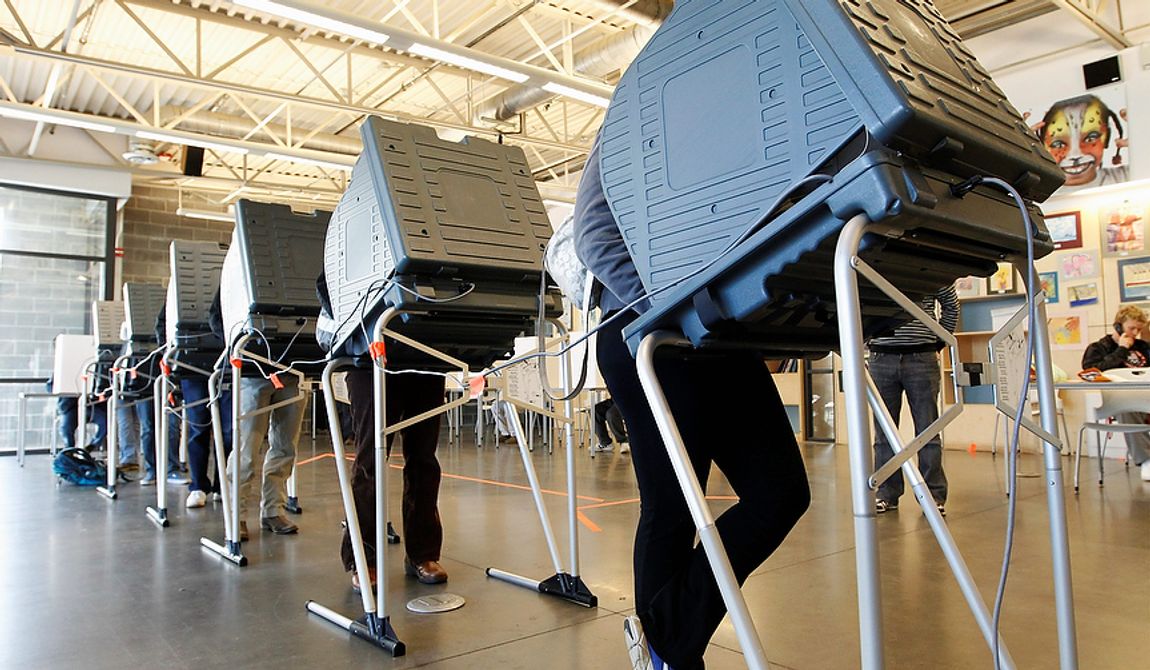
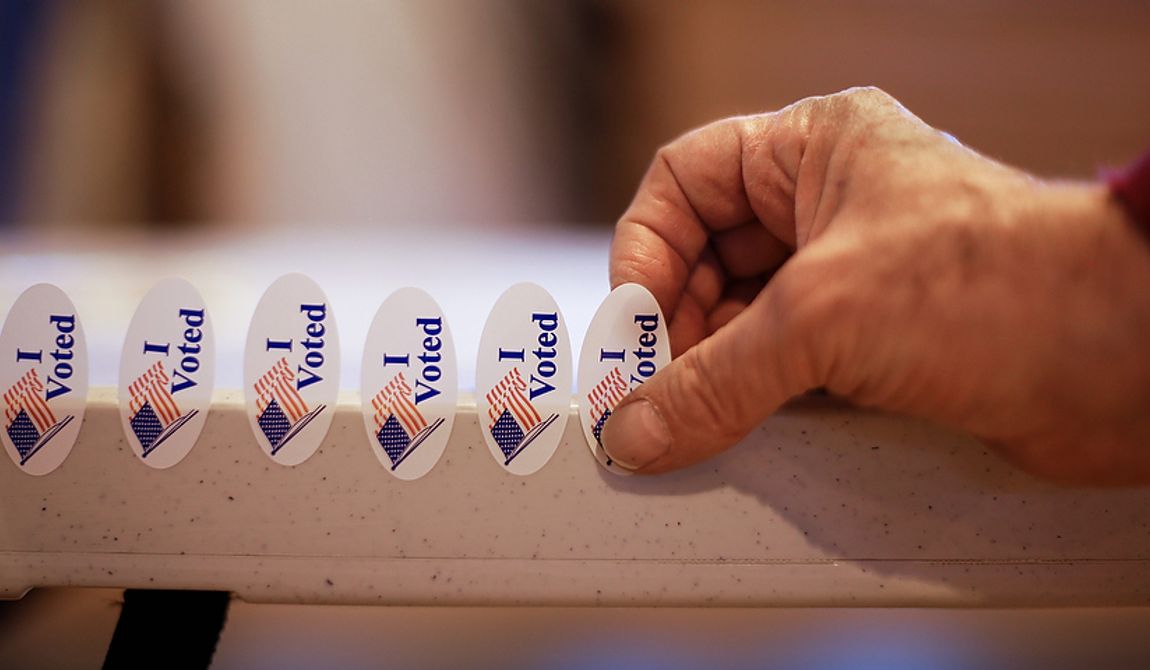
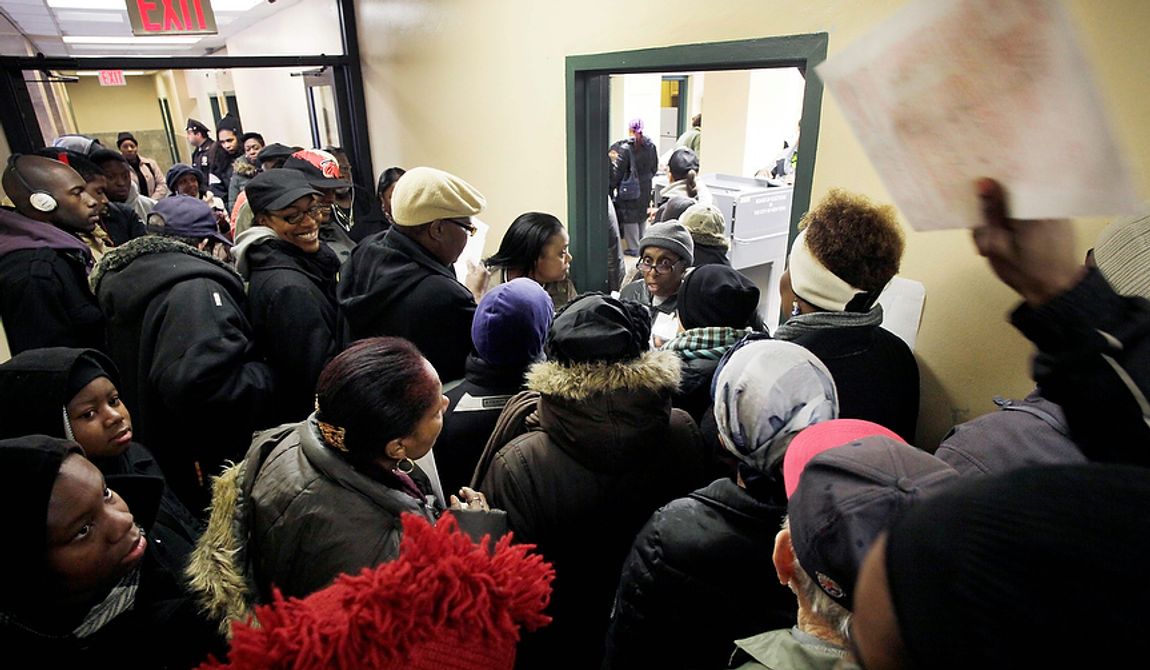

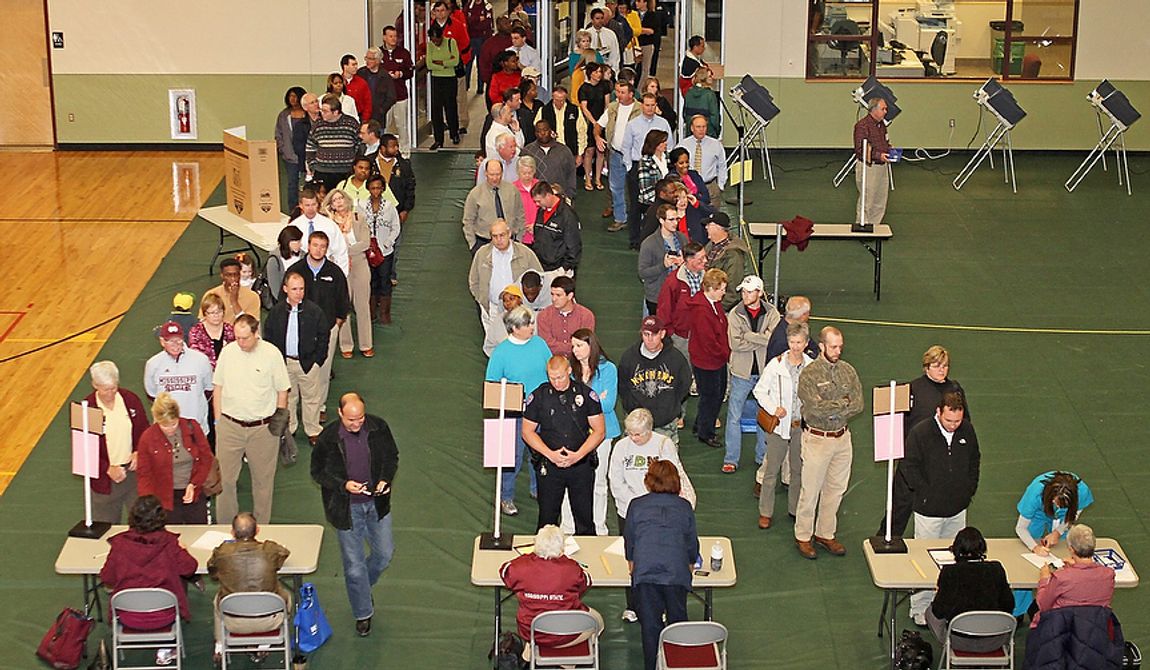

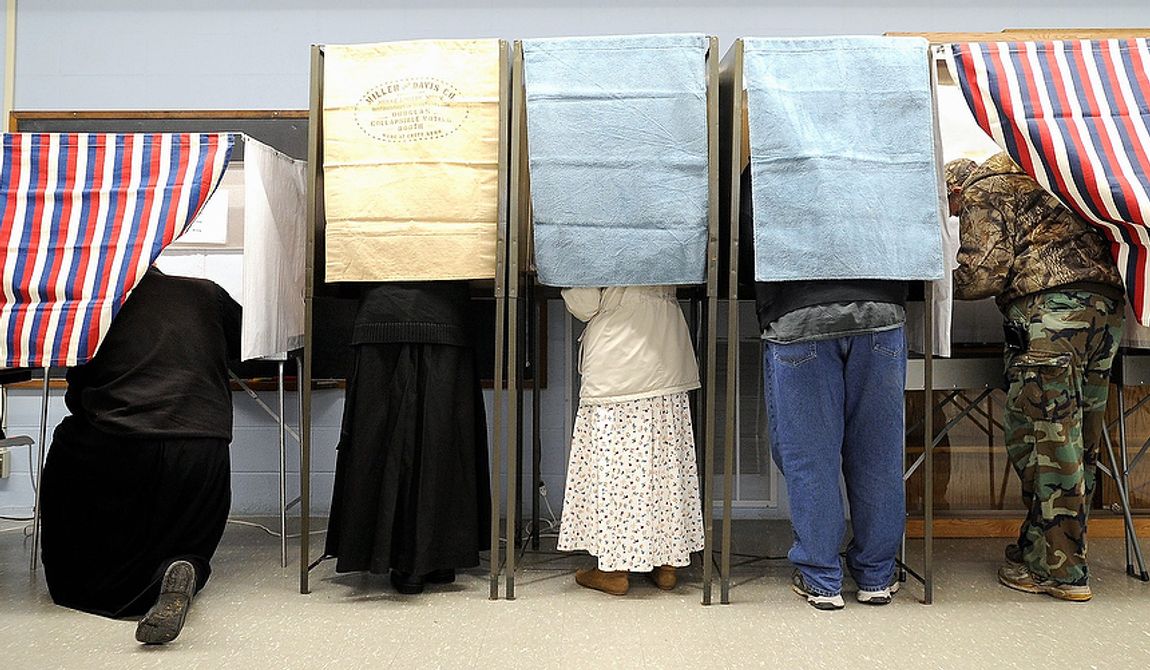
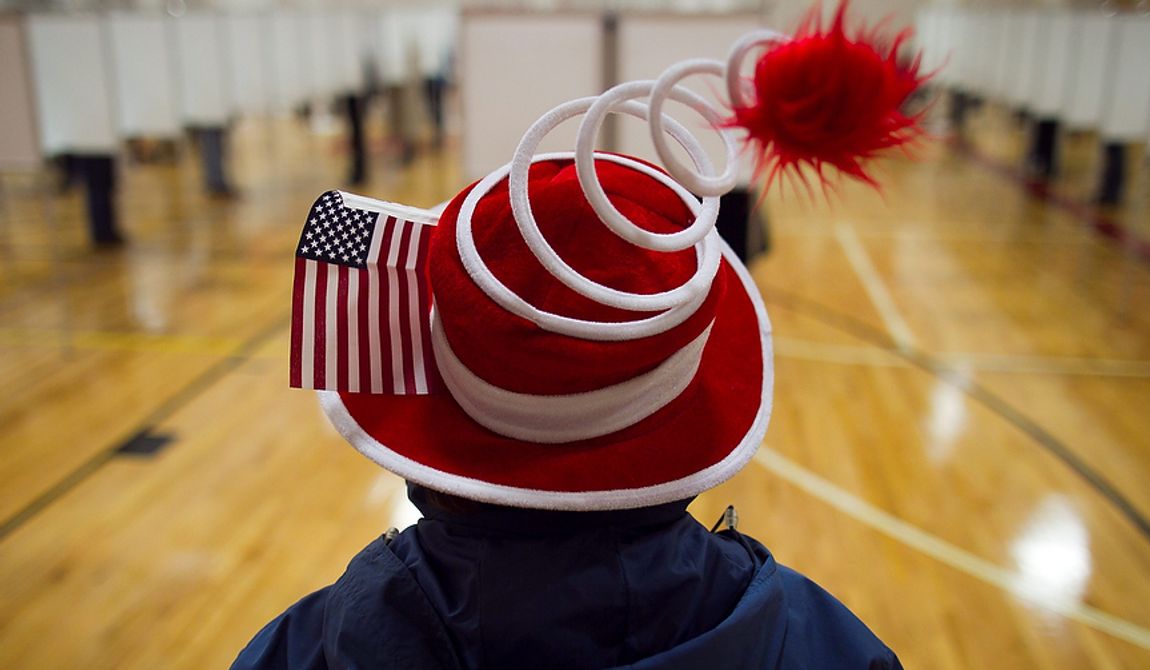
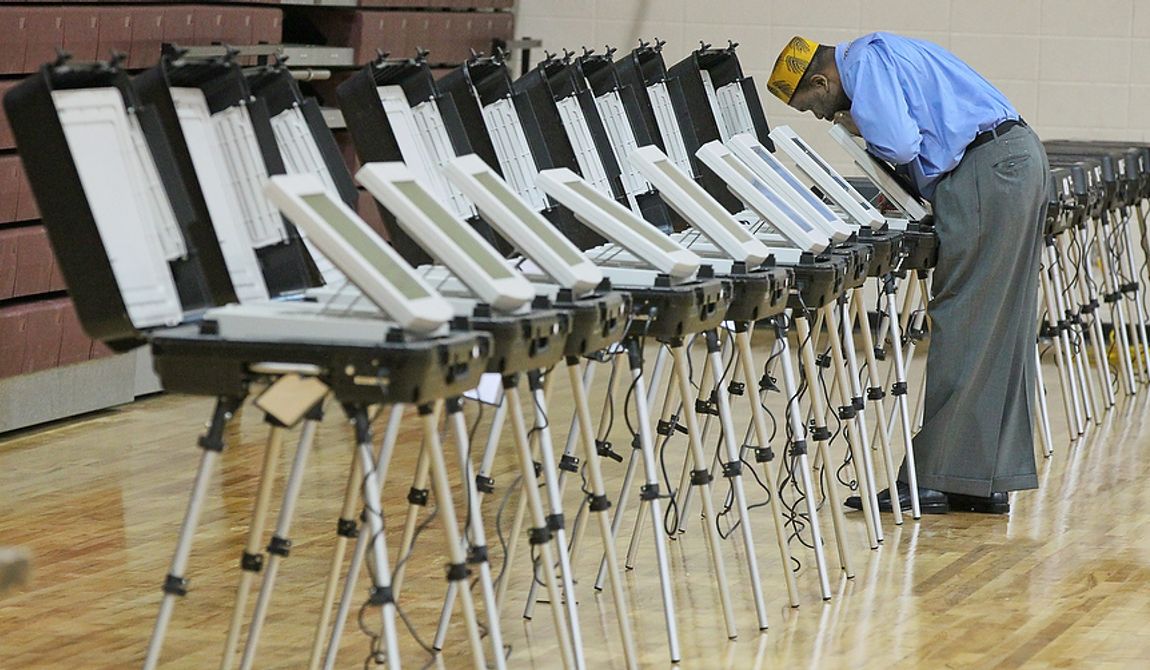
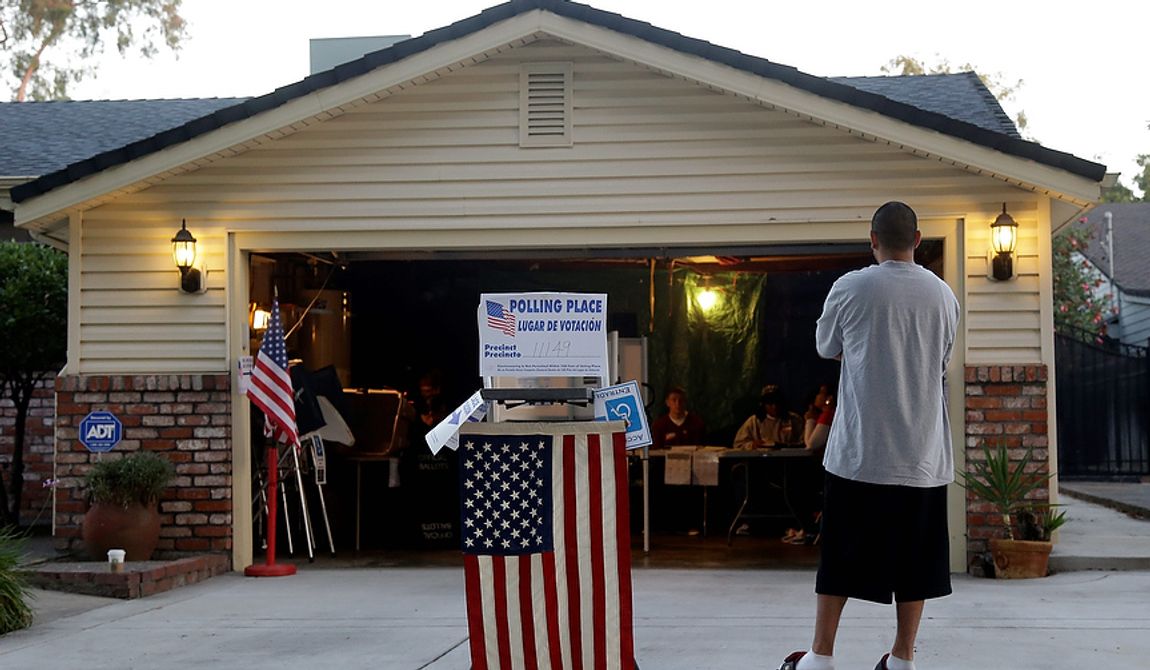
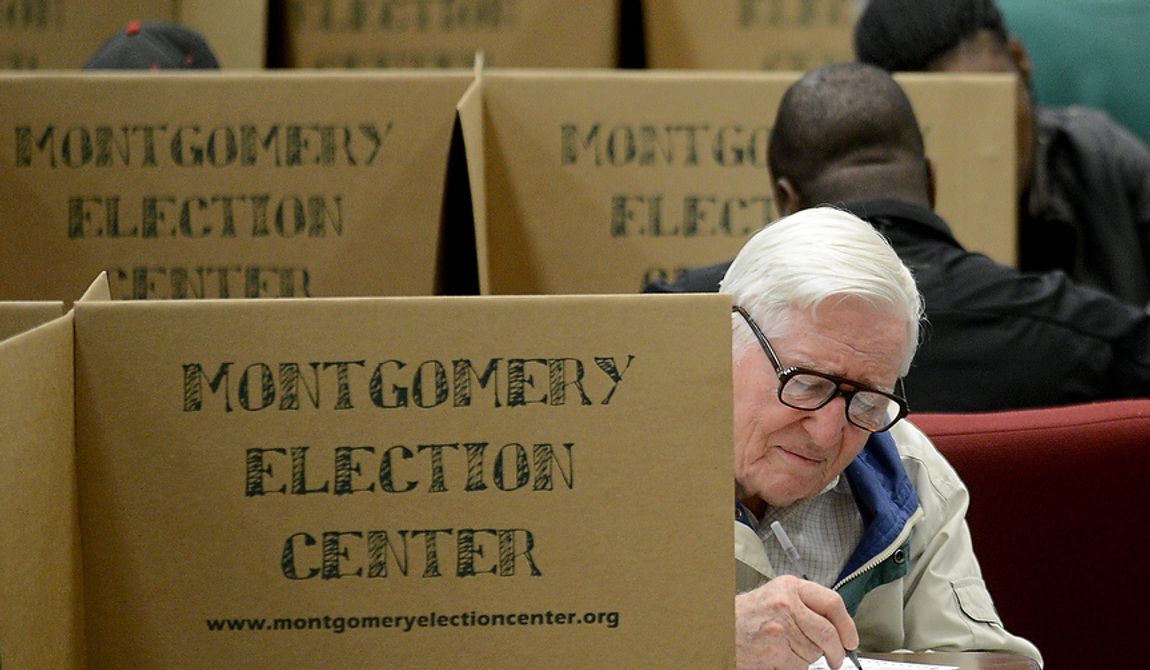
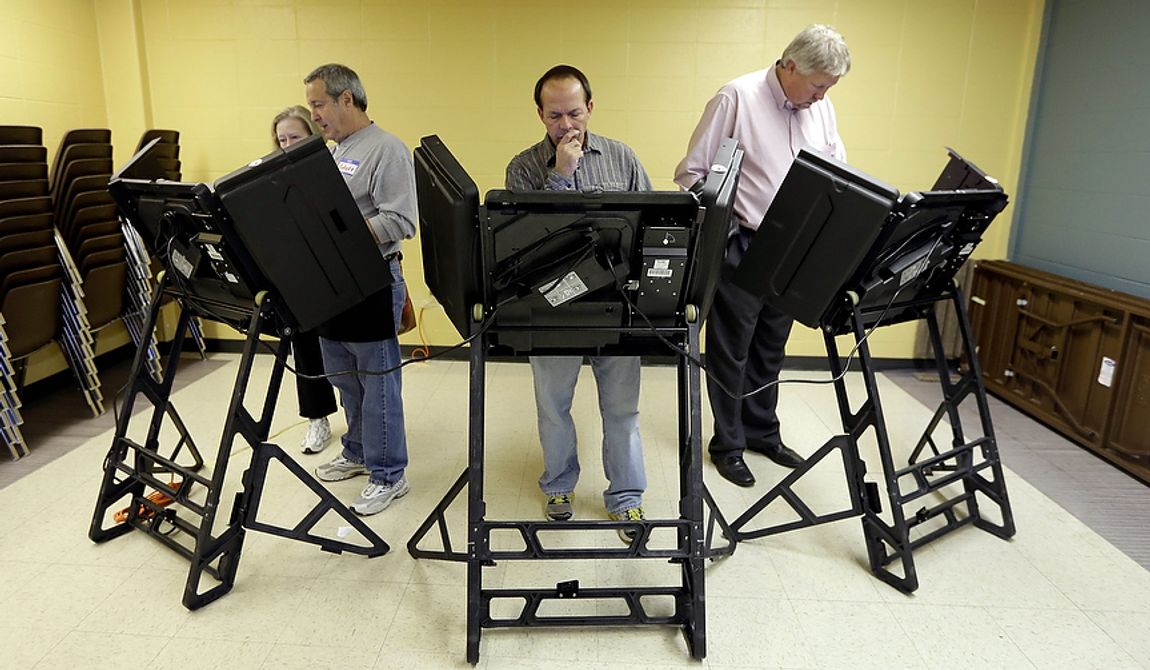
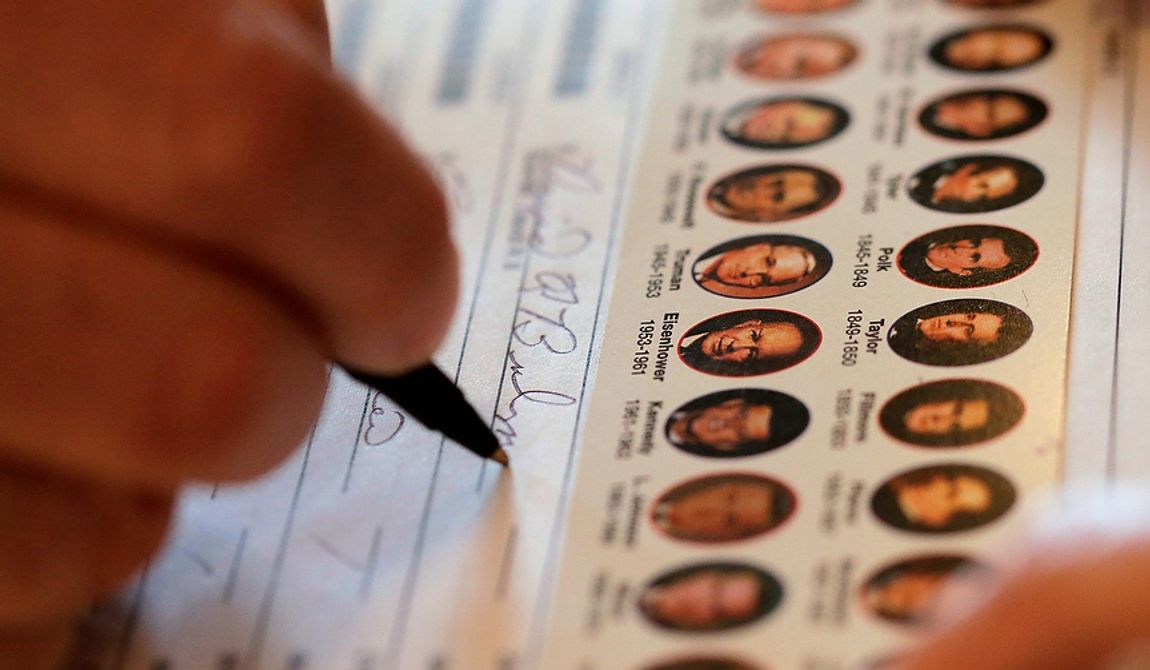
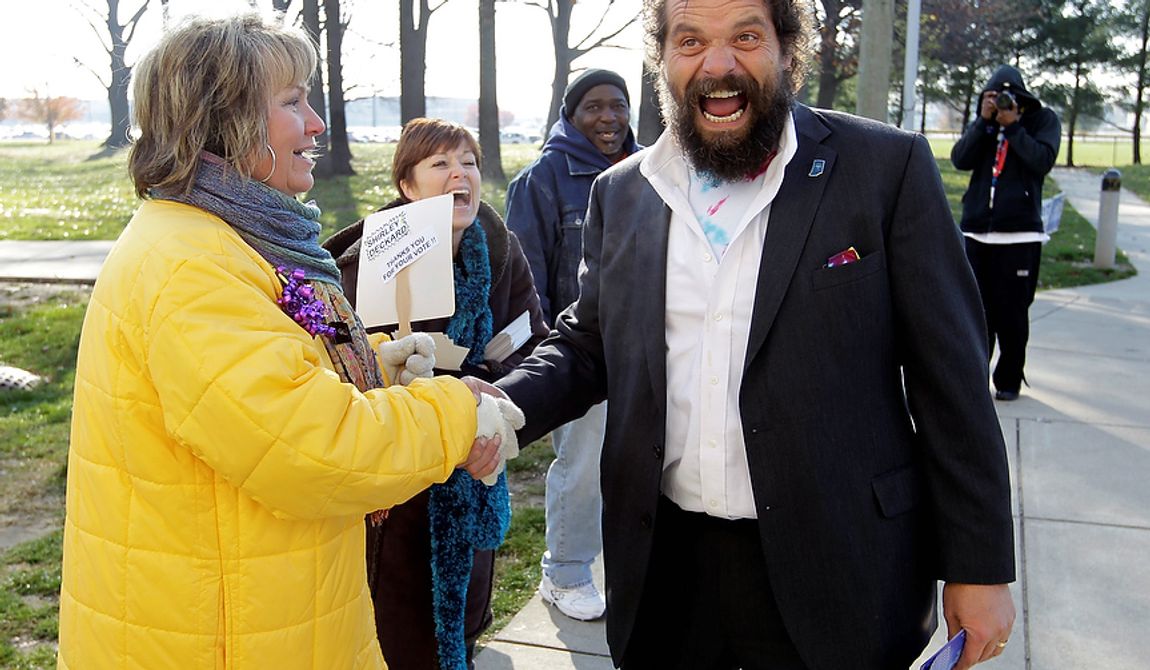
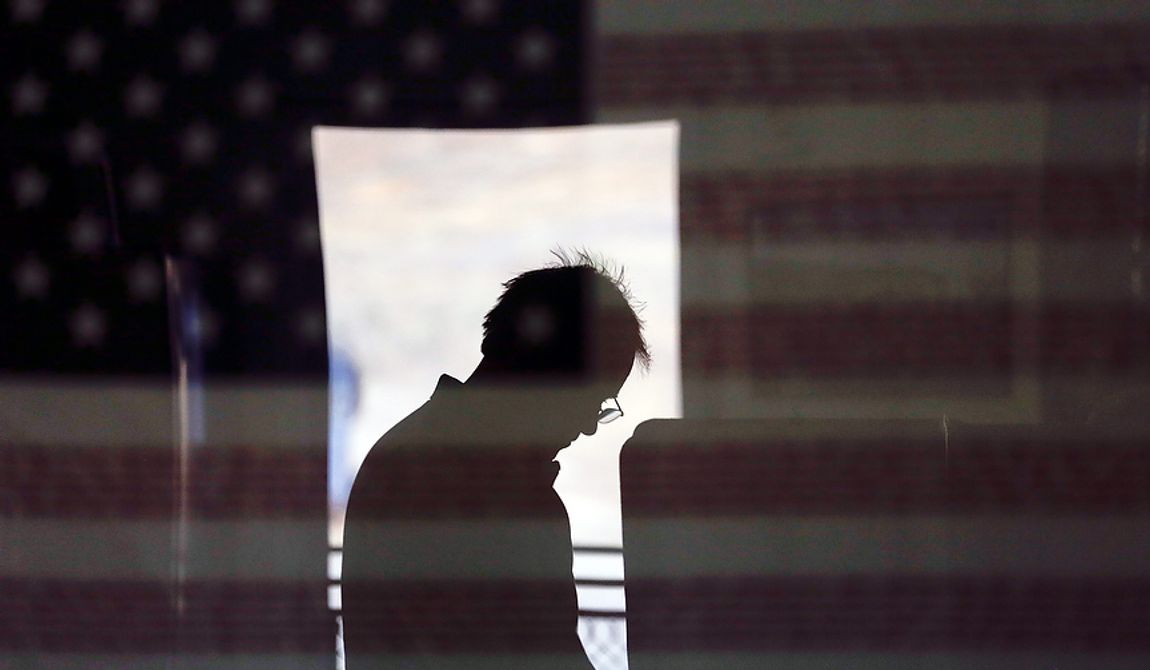
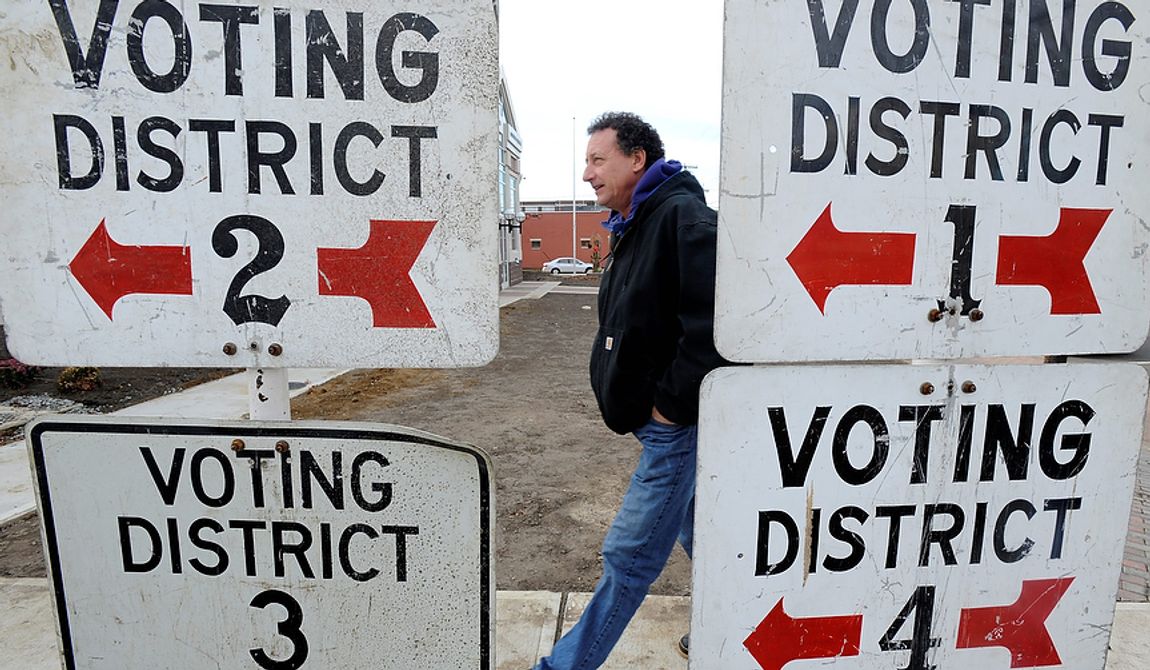

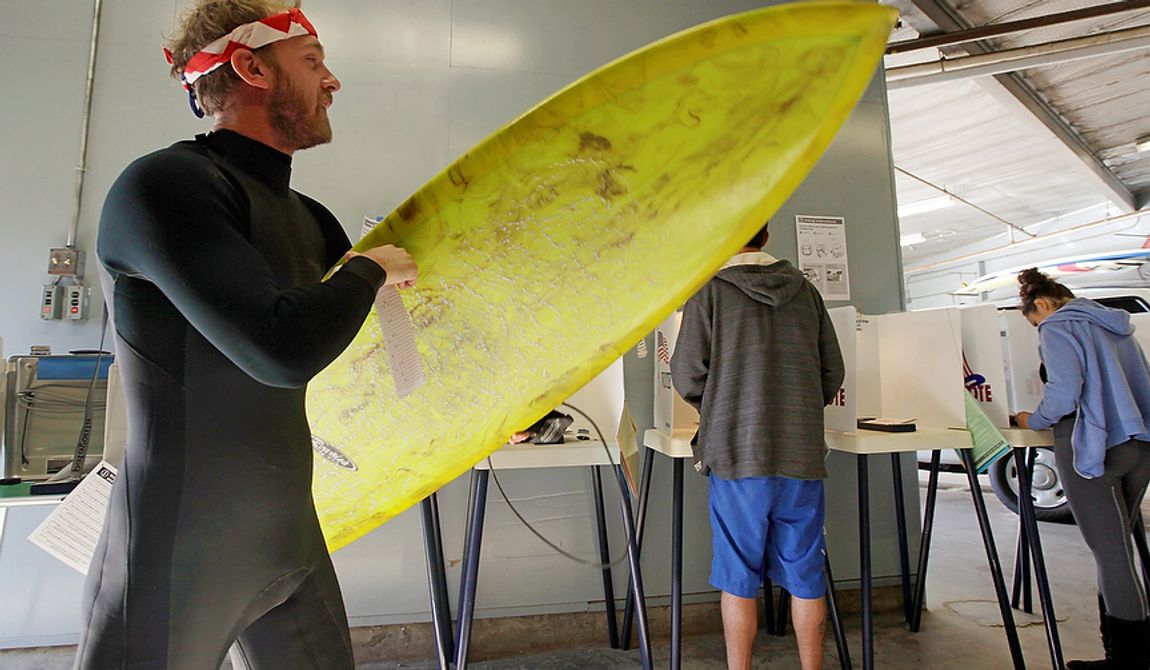
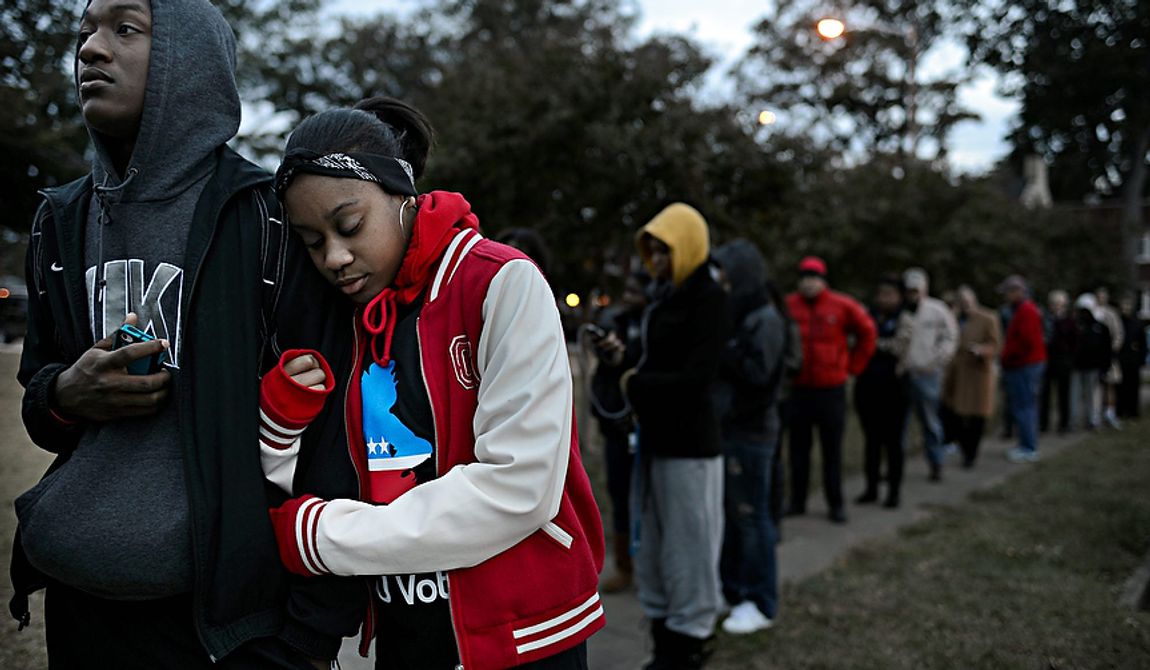
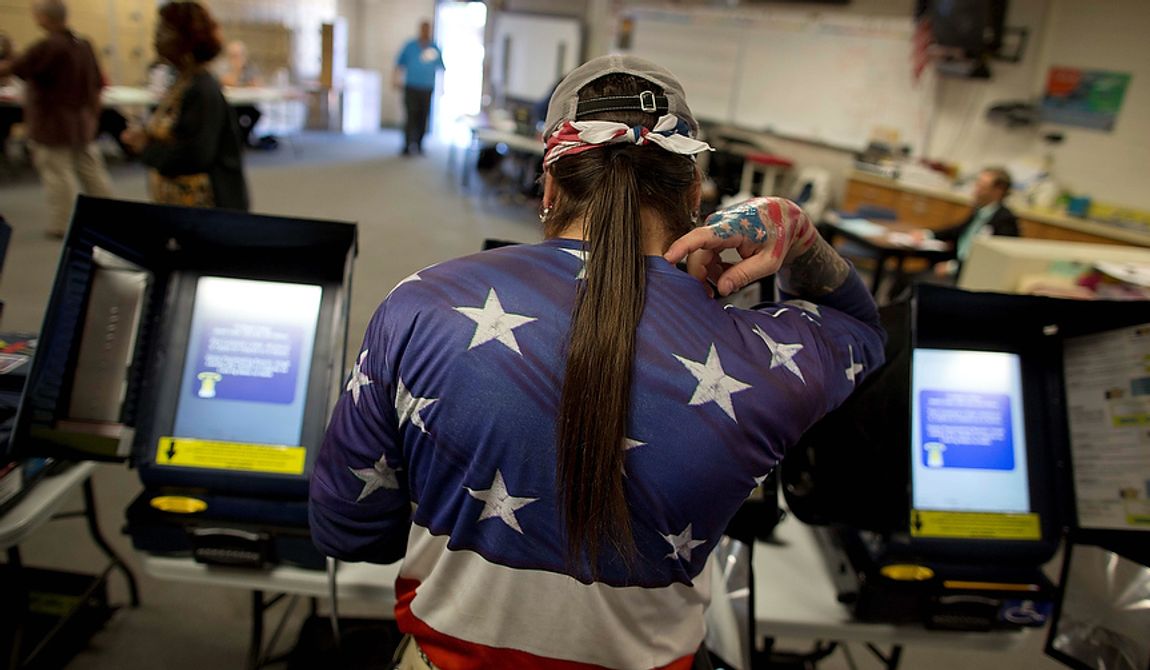

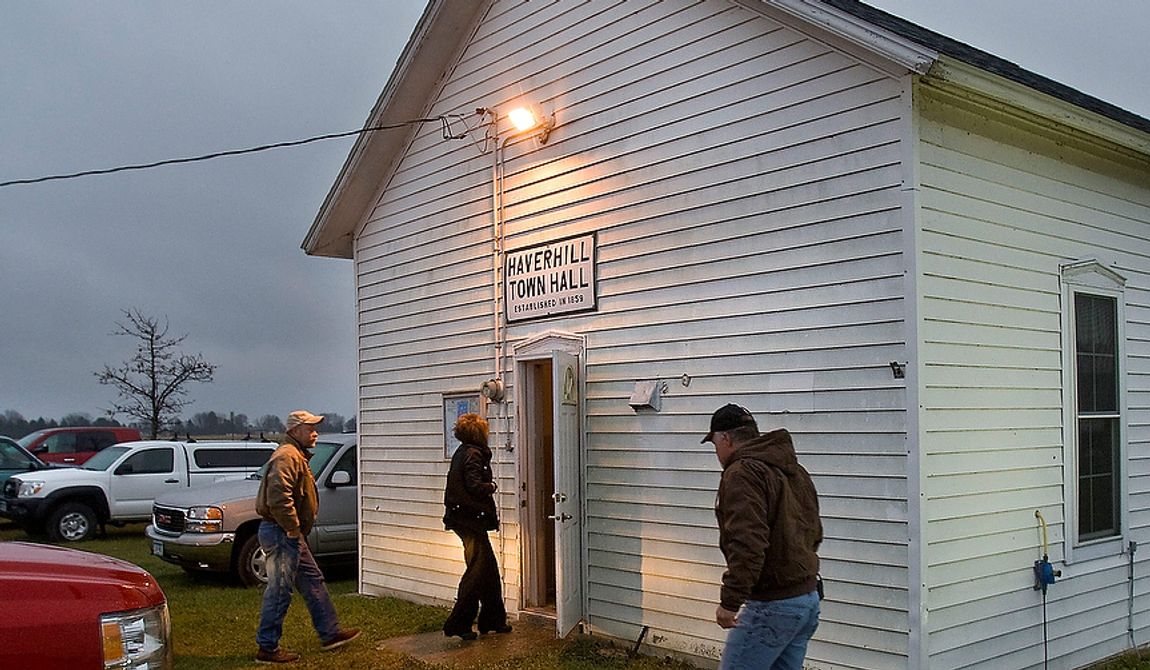
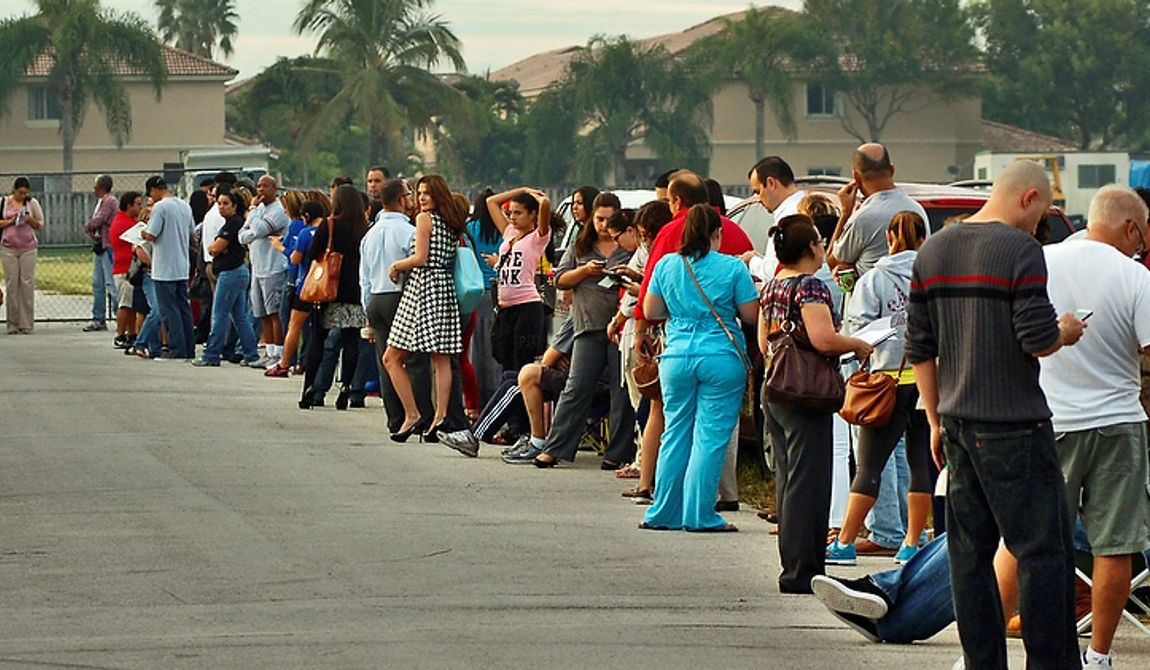

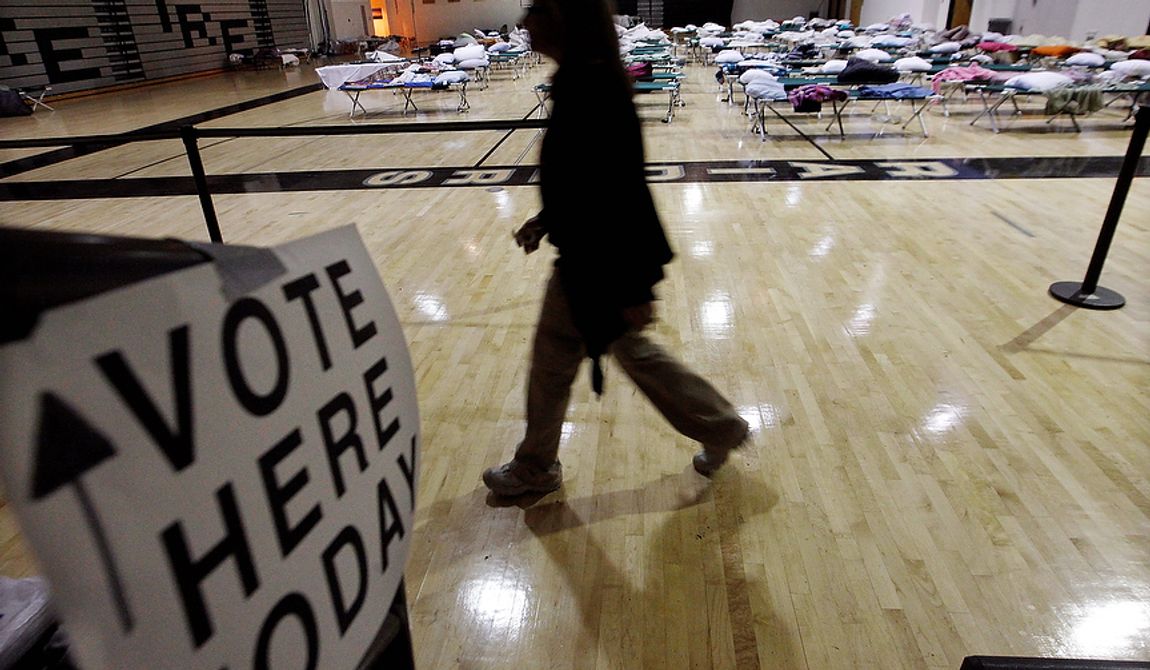

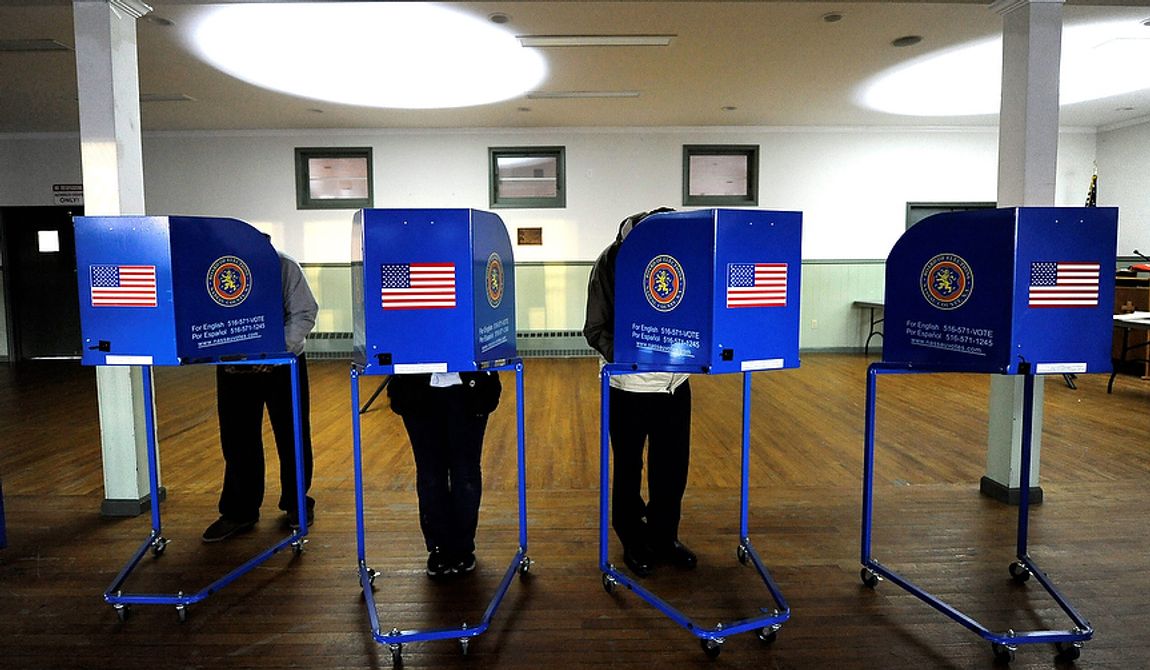
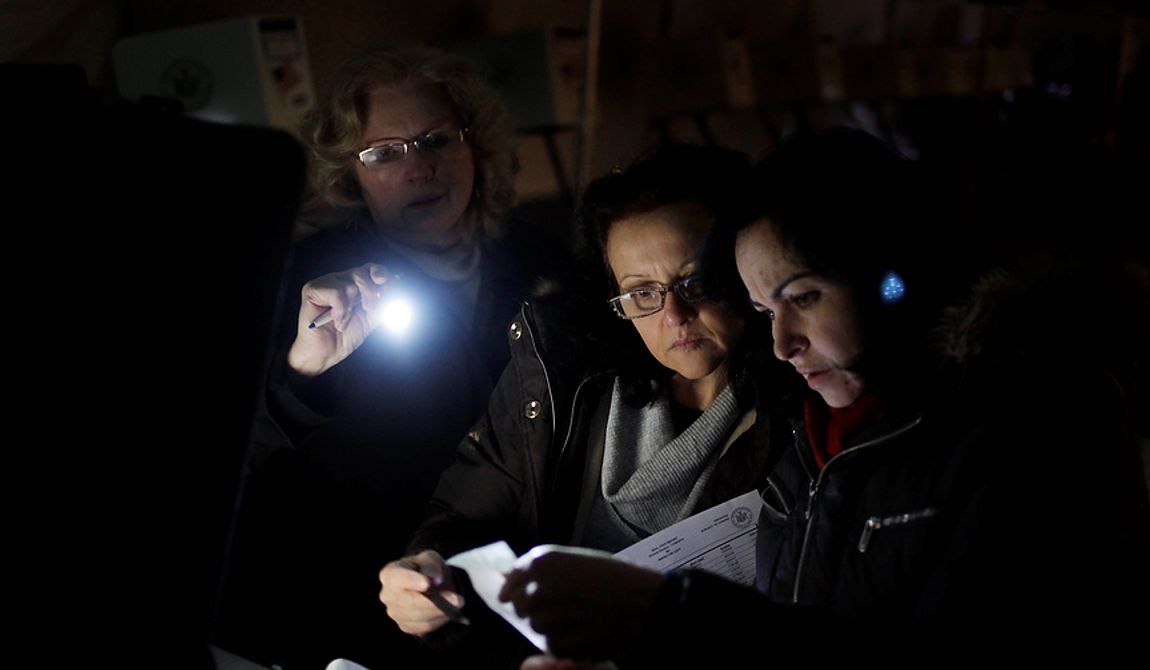
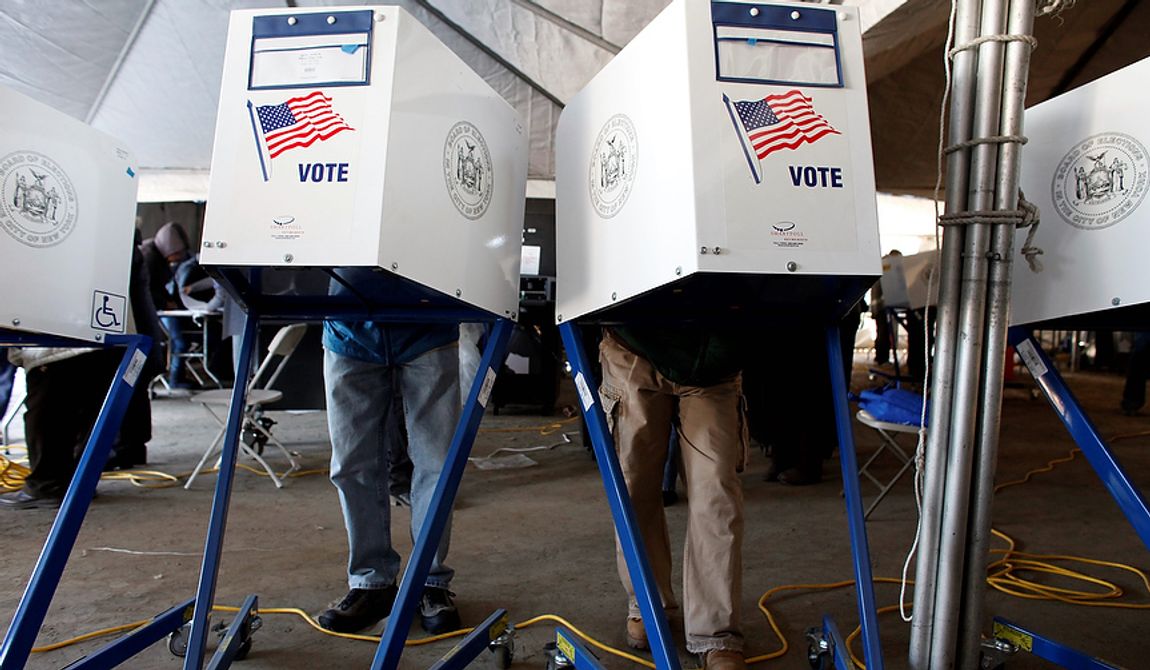


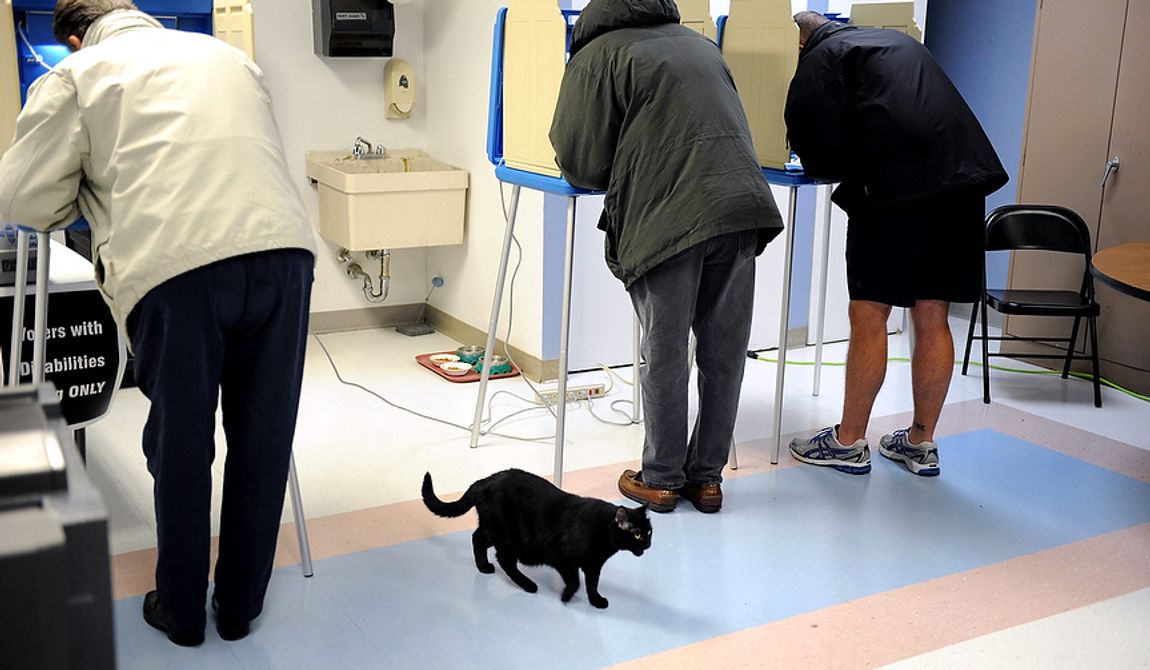

Please read our comment policy before commenting.